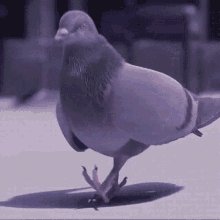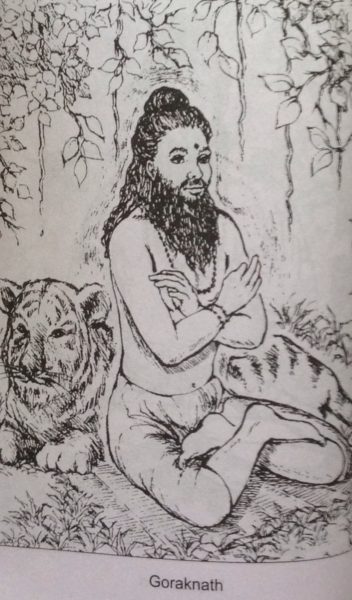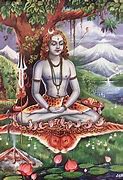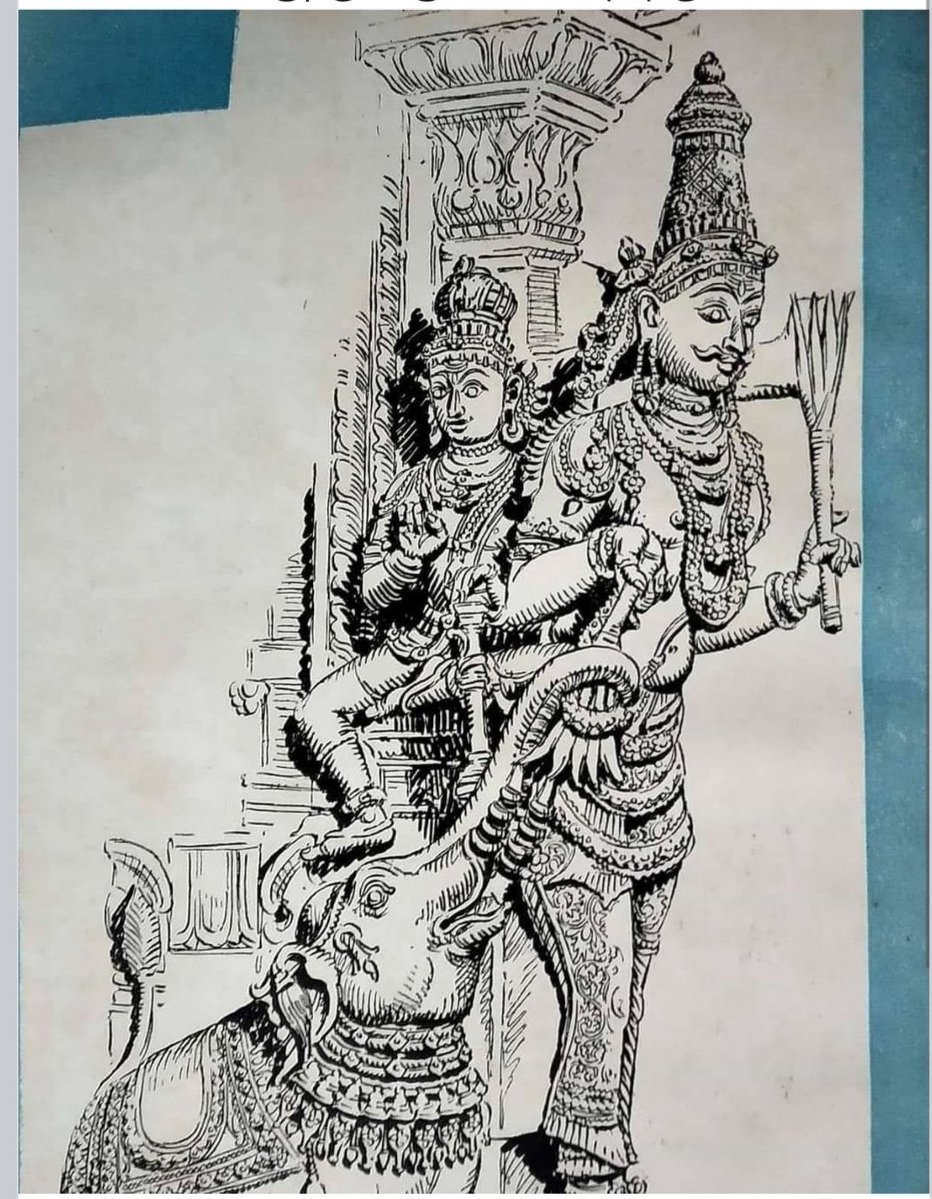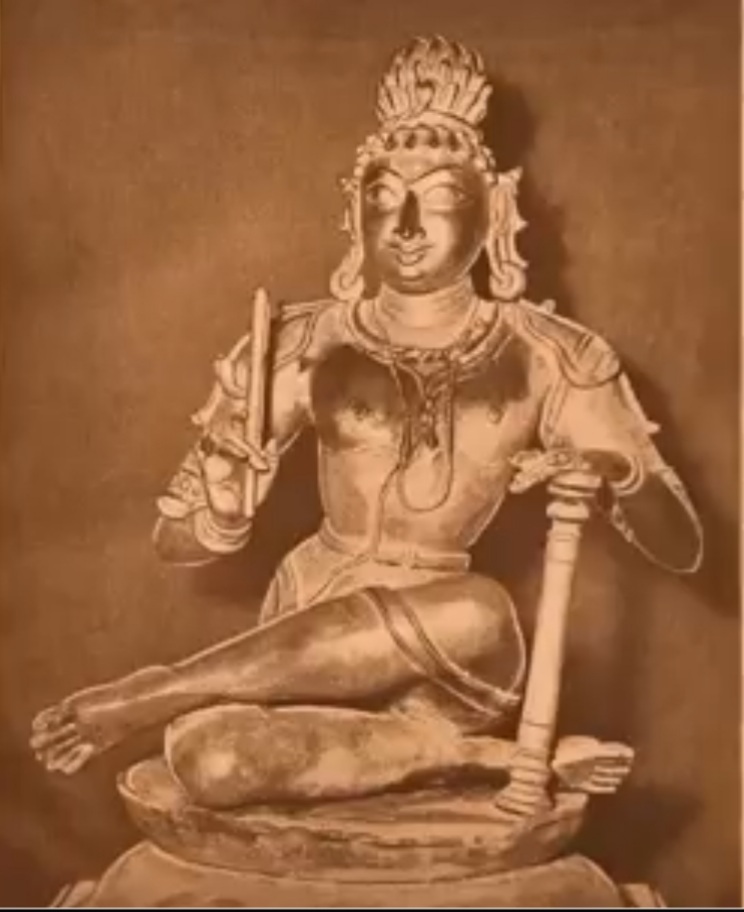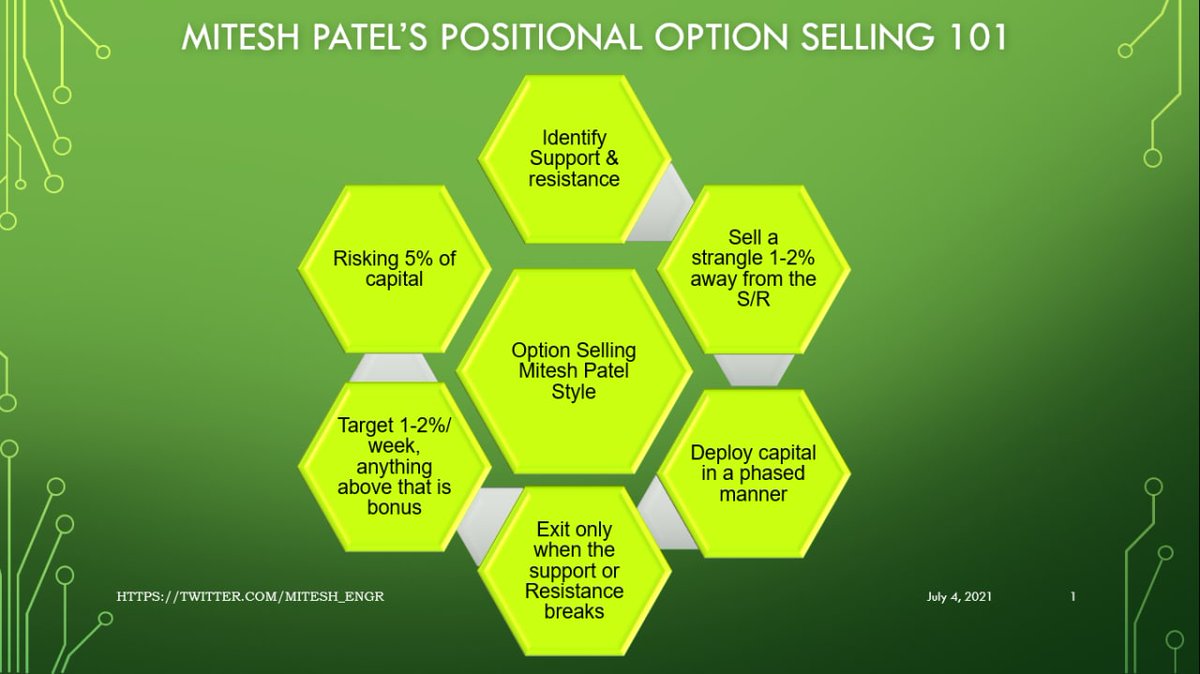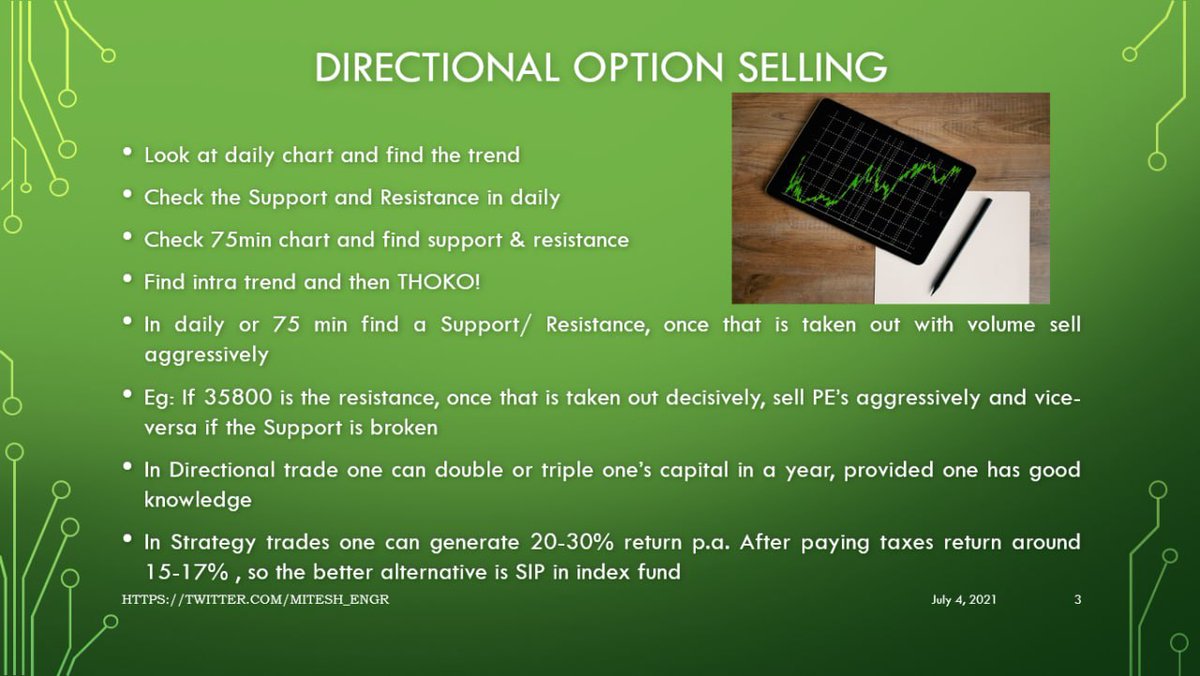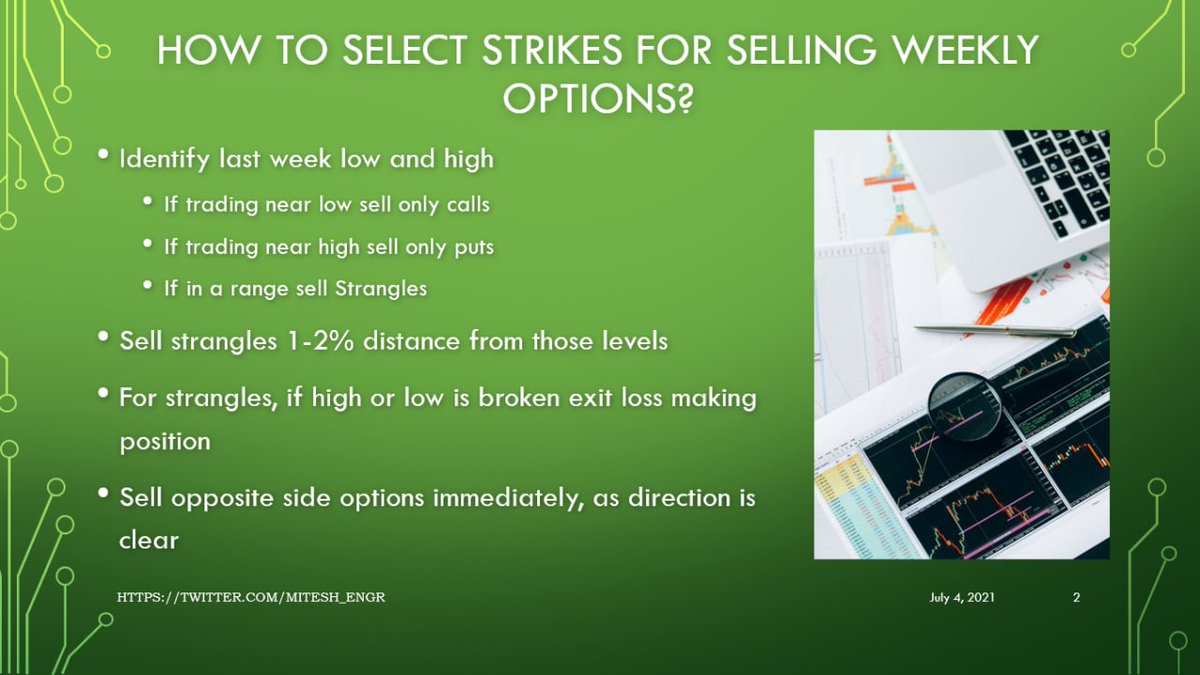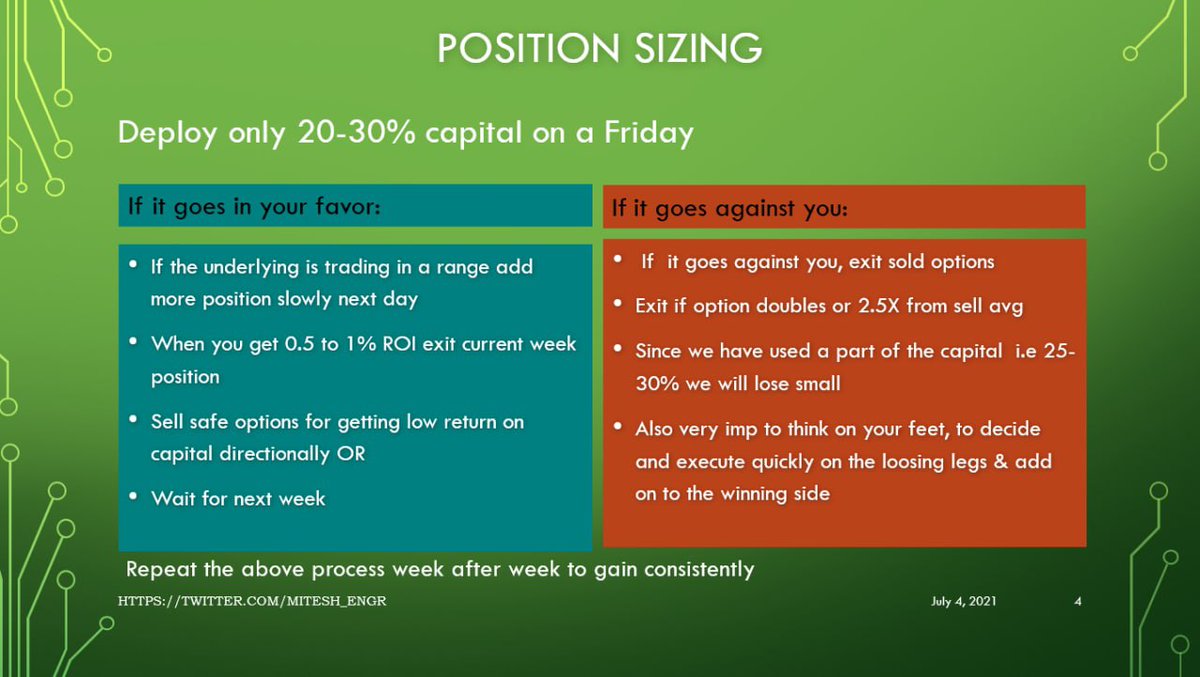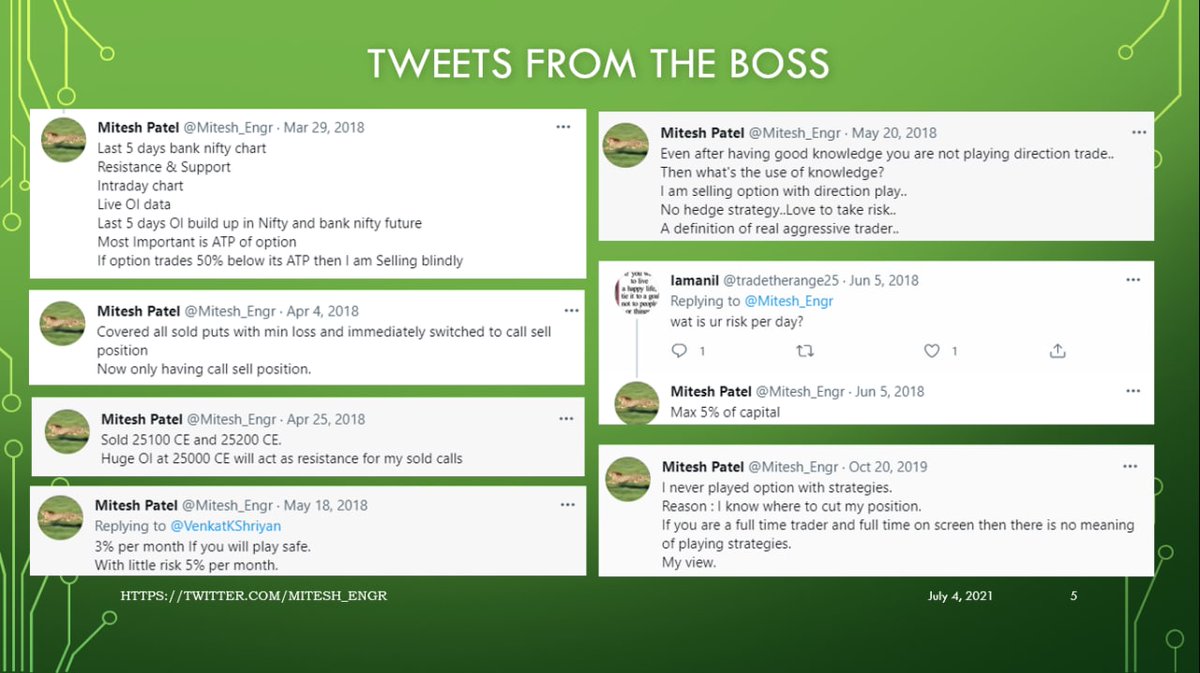Every now and then an idea sticks with me like that corner of tortilla chip that just won't go down your throat. It happened with SPARROWHAWK, which began as 40k of a YA story, died, and was reborn as a comic, thanks to
@christopher_j_r and
@boomstudios. And now... 2/
It's happening with THE WILLOWS, a short story that you'll see in
@UncannyMagazine next year. This Southern Gothic horror story began as an attempt to sell my next Romance to
@AbZurdity after the Blud books in 2014 or so. And she didn't buy it. Guess why? 3/
Turns out, it wasn't a Romance! It was Southern Gothic Horror. Even the bones of it screamed strangeness, not sexiness. I loved the taste of the world, but I hadn't found the right story yet. Tried to write it 2 more times and failed. Until I finally understood what it was. 4/
So I took the 50 pages I'd written and cut half of them, twisting the story around from a gothy Romance inspired by the band the Civil Wars and turned it into a spooky descent into madness. And it looked back at me from the abyss as if to say, DUH. Sometimes... 5/
Sometimes bit of story come to us like a child playing Telephone. Just a whisper, and we might mishear it. But it bothers us. It's okay if that little snippet takes years to grow and take root. You won't lose it; it will pull at your sleeve, refusing to be lost. Because... 6/
What you have is a puzzle piece. Ideas often arrive to us piecemeal, and the pieces will fall into place as your subconscious and your working mind finally land in step with the right story. This isn't writer's block or your muse dancing away-- it's just part of the process. 7/
I used to write down all my ideas, but then I realized that in 8 years, I'd never gone back to my journal to mine it for snippets. The stories that are strong enough to grow nestle in my mind like seeds. I couldn't forget them if I tried. One day, I know they'll make sense. 8/
The flip side of this thread = don't fall into the mindset of one sort of story having more merit than another. At first, I felt bad that THE WILLOWS wasn't going to be a full-on book, like I wasn't doing it justice. But a short story, novella, or comic is a valid form of art. 9/
Some stories need visuals, like my SPARROWHAWK. Some stories hinge on the gut-stab of a twist, like the WILLOWS, and will therefore do better as short stories. Some books fare better as novellas. Some standalones should always stand alone. We need all these forms. 10/
So if a story isn't taking to the page like you'd hoped, it might be worthwhile to consider if the problem is:
* it's more idea than plot
* your characters or world aren't fully built
* you're writing the wrong form for that particular story
Is it a journey or a stabbing? 11/
And just because you've written or sold a story one way doesn't mean it can't evolve. I could write a full book on THE WILLOWS, or even a screenplay or comic. Short stories can kick off book worlds. Novels can yield stories. One scene can spin-off into a comic. It's fluid.12/
With a story like this, one you've labored over on and off for years or that included some form of failure, you might feel more anxious than with a story that sprung out fully-formed. With something like WAKE OF VULTURES, it felt natural. THE WILLOWS feels like a Frankenstein.13/
There's a vulnerability to a story that transformed from its genesis. You may second guess yourself. Did I do the right thing? Did I shortchange it? Is it doing what it was meant to do? But that story might be vital to someone. Its odd nature might make it extraordinary. 14/
I'm a big believer in taking risks with your stories. Writing should be play, not work, in that you write for joy and flow rather than external praise. The strongest stories are written because they grab you by the throat, not because you're writing to trend. /15
If you have an idea that lights you up, don't let it get precious. Don't feel that it has to be some 400k magnum opus, that it must be serious to be meaningful. Just write the heck out of it, in whatever way makes you feel like you're alive and dancing. Take the risk. Fly. 16/
But! A caveat: You won't learn much unless you finish something and show it to the world. My #1 writing advice = 1 crappy finished first draft is worth 1000 shiny new ideas or perfect beginnings. So, yes, play. But finish your work. That's how you learn- through completeness. 17/
Recipe for a 1st draft:
* identify beginning, inciting incident, conflict, climax, end
* craft a protagonist uniquely challenged by the world & conflict
* write straight through, front to back, no editing/self-judging
* if you stall, insert [tk] &write the next scene you know 18/
Recipe for a short story:
* identify the gut punch/twist
* craft a protagonist who will succumb to it
* create a short, action-filled plot (not infodump/rambling) that will lead to the twist
* make sure it's self-contained and complete
* polish to perfection
* NO RAMBLING 19/
Rambling is my pet peeve in short stories. "Kenneth had always enjoyed turtles. The way they floated and breathed through their butts. As a child, he'd..."
NO.
Action and dialogue. Kenneth saves a turtle in the road, and as he returns it to the pond, he meets THE TURTLE KING. 20/
An addendum: If you're thinking, "But Delilah, you write for Star Wars and other intellectual properties. How is that play?", the answer is that it's like being locked in a room. There's still plenty to do in that room. Often, constraints can inspire even greater creativity. 21/
One of the best things I ever did for my writing: Joined a local writing group where we were given timed exercises at each meeting. No planning ahead. On the spot, you had to take the prompt and craft an appropriately-sized story, then read it out loud for criticism. 22/
Point being, you'll better know whether an idea would work best as a short story, a novella, a novel, a series, or a comic when you've written and edited many projects. You'll probably stall out a few times as you find your feet. Failure is part of the process. 23/
And by 'failure', I don't mean THIS IS CATASTROPHIC AND YOU SHOULD NEVER WRITE AGAIN, because that's not possible. I mean you might try to write a 3k short and it ends up 8k. Or you want a 60k book and it's only 40k. Practice will help you find a project's scope earlier. 24/
In conclusion, some ideas work best as short stories, novellas, novels, or comics, and the only way you can find out what you're writing is by finishing. Finish everything. Figure out what to do with it later. You'll learn. As long as you're having fun, you're arting right. 25/25

